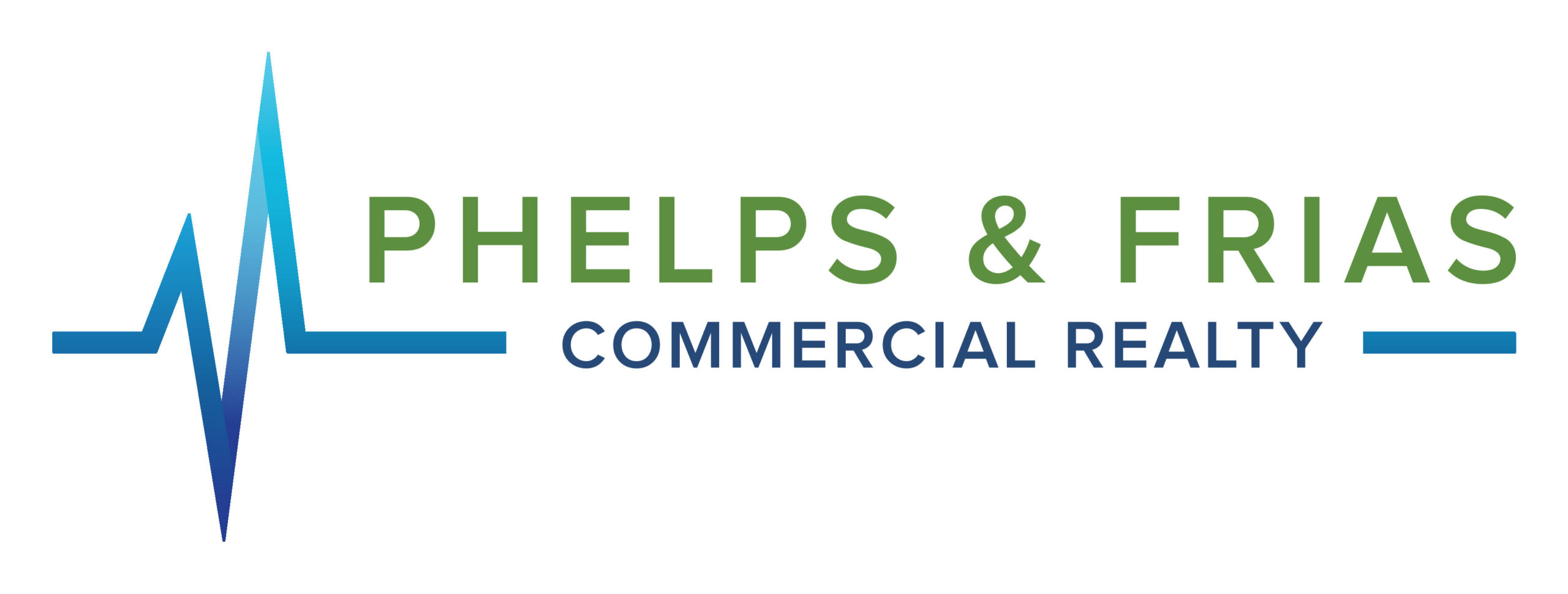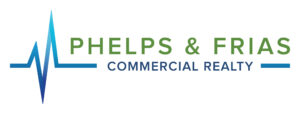THINGS YOU SHOULD KNOW BEFORE SIGNING A NEW LEASE
Before you sign any legal document, it’s important to review every section and make sure you understand exactly what you are signing. This becomes even more important when the document is business related, and is an important part of your biggest business cost – your location. Doctors, dentists and veterinarians have unique needs when it comes to commercial real estate, and understanding your commercial lease agreement is an important first step to setting up a brand new practice and business.
While the document may seem intimidating at first, each section is fairly self-explanatory when read thoroughly. Before putting your signature on any agreement for your new dental office, medical office or veterinary office, consider our list of the top ten issues you should be aware of. As with any important legal document, it may also be necessary to consult an attorney before putting your name on the black line.
UNDERSTAND ALL LEASE COSTS
Don’t focus on the base rental rate, but instead pay close attention to the total cost of your lease. The total cost will include your share of:
- Taxes
- Insurance
- Parking
- Security
- Common Area Maintenance
- Utility Expenses
Your total cost may also include any fees or monthly amounts that you agreed to before leasing your space.
RENTAL ESCALATIONS
It’s frustrating when you sign a commercial lease agreement, and within a year you are paying much more than you originally anticipated. In order to figure your budget for the year and determine whether you can afford your chosen space, you must consider the annual rental rate escalation, if there are any. Pay close attention to how the rate escalations are figured each year. Are the amounts stated within your agreement or does the company use a certain formula to figure the escalation rate each year?
LEASE TERM
Even if you plan to change locations again in the near future, you must consider the possibility that you will want to remain in the same place for longer than you originally planned. Within your lease agreement, determine if you are allowed to renew your lease options, and if so, will you pay a new rate or be allowed to keep your old rate?
The length of your lease is important when you consider the hassle and headache of relocating because your current lease is up and your space just became significantly more expensive. You may choose to negotiate your rates for anywhere from 10-20 years before signing. This gives you a chance to lock in your rate and gives you a better idea of what to expect long-term.
FREE RENT AND TENANT IMPROVEMENT DOLLARS
Before signing your lease agreement, you’ll want to make sure that you have negotiated the maximum amount for free rent concessions and tenant improvement (TI) amounts. These amounts will be figured based on the market conditions in the area in which you are planning to build your business. This is a negotiation that is better handled by an experienced site search consultant or real estate broker. Your consultant or broker basically works as your representative during the negotiation process.
FREE RENT AND TENANT IMPROVEMENT DOLLARS
Before signing your lease agreement, you’ll want to make sure that you have negotiated the maximum amount for free rent concessions and tenant improvement (TI) amounts. These amounts will be figured based on the market conditions in the area in which you are planning to build your business. This is a negotiation that is better handled by an experienced site search consultant or real estate broker. Your consultant or broker basically works as your representative during the negotiation process.
RIGHT TO DEPRECIATION
On your lease agreement, you also want to include the right to depreciate your tenant improvement dollars on the tax returns of your business. Some landlords may give you money for TI, but hold into the right to depreciate all improvements on their own forms. Using your TI dollars on your tax returns lowers your income taxes, and provides you with important information for future Cost Segregation Studies, often assembled by your construction consultant.
FUTURE CAPITAL IMPROVEMENTS
Make sure that your lease includes any major expenses that you are responsible for. For example, broken windows, roof repairs or replacement HVAC units may be repairs that are your responsibility and should be included in your lease agreement. Request the help of a professional in compiling an “Existing Conditions Report” in order to pinpoint any major repairs that may be necessary within the first five years of your residency in the building. If you are prepared with the costs of these repairs, your construction consultant may be able to negotiate future repair costs as rent concessions or TI dollars from your landlord.
RESTRICTIONS
Are there use restrictions on your lease that may affect your ability to run your medical practice? For example, are you able to use medical gas in the building, or are there rules stopping you from putting an OPEN sign in the window during business hours? All these issues should be discussed with your landlord before you sign your lease agreement.
SIGNAGE
In your lease, request visible signage that allows your patients and possible customers to see your business location from major highways or freeways. Remember to include a request for both street monument and building signage within your lease agreement.
RIGHT TO CURE DEFAULTS
Before you sign a lease agreement, you’ve got to be prepared for any unforeseen complications in the future. If you are forced to default on your lease, you should have adequate time and methods for dealing with any complications written into your lease. Without these additions, you may face a serious default issue over something small that your lease prohibits.
EXCLUSIVE RIGHTS
You could face serious competition if your landlord allows another dental office, veterinary office or medical office to set up shop in the same building where your practice is located. Negotiate with your landlord exclusive rights that prohibit other similar practices from renting or leasing office space in the same building. This allows you to maintain your presence in the building; although there isn’t a whole lot you can do if another business decides to relocate close by in another building.
WE’LL HELP YOU NAVIGATE THE WATERS
Again, as with any important legal document, we suggest that you have an attorney review your lease agreement before you sign. The approval of an attorney does not lessen the importance of your understanding of all the terms of the commercial lease agreement for your business.
At Phelps & Frias Commercial Realty, we specialize in real estate transactions for medical, dental and veterinary offices. We understand the unique needs of these businesses, and have extensive experience in finding prime locations and negotiating acceptable costs. There’s no need for you to approach this extensive process on your own when a representative from Phelps can help you ensure the success of your practice.



